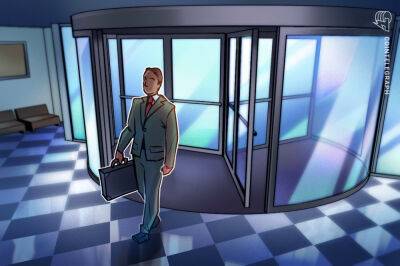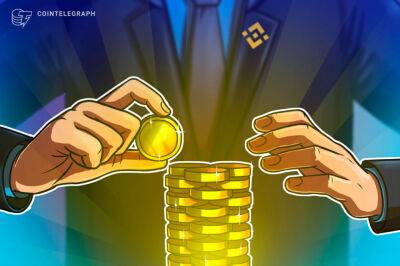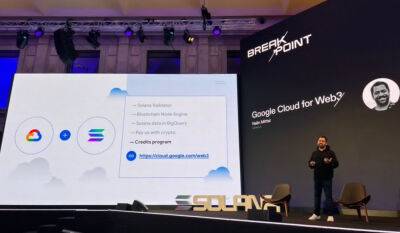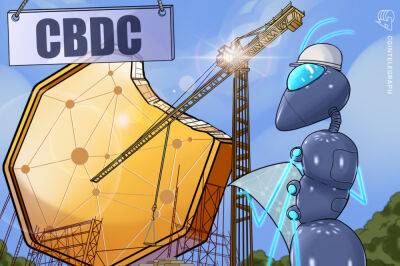Latest US inflation data raises questions about Fed’s interest rate hikes
A fresh round of US inflation data released last week showed persistently high prices, raising more questions about whether the Federal Reserve’s interest rate hikes are missing what many economists contend are the real inflationary culprits: corporate pricing, energy costs and supply chain disruptions.
The news is further stirring fears of unnecessary economic pain should the Fed push America into recession.
“Raising interest rates isn’t working, and the Fed’s overly aggressive actions are shoving our economy to the brink of a devastating recession,” said Rakeen Mabud, chief economist at the progressive Groundwork Collaborative think tank. “Supply chain bottlenecks, a volatile global energy market and rampant corporate profiteering can’t be solved by additional rate hikes.”
The Fed and some economists maintain that demand generated by a hot labor market and higher wages are driving inflation, and higher unemployment and interest rates are panaceas.
To that end, the Fed has hiked rates five times in 2022 and indicated more increases are to come, moves the Federal Reserve board chair, Jerome Powell, has acknowledged will “bring some pain” to households and businesses.
Data shows the Fed is making some progress in its aim: mortgage rates are soaring and home sales are plummeting. Meanwhile, the latest employment numbers show a sharp decline in job openings, as well as slowing job and wage growth.
But Thursday’s Consumer Price Index numbers for September revealed the approach has yielded few gains on pricing. Inflation inched up to 8.2%, while month-to-month it climbed 0.1% in August and 0.4% in September.
The price drops aren’t materializing because current inflation largely isn’t demand- or labor-driven as it often is during
Read more on theguardian.com


 theguardian.com
theguardian.com













